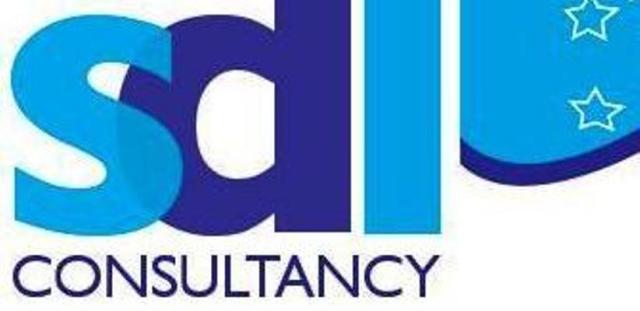Maximise the impact of policies and programmes for Pacific communities
Do you want your organisation’s policies and programmes to be more effective in how they impact on Pacific communities?
This workshop will provide you with insight, knowledge and understanding to develop and deliver better policies and programmes.
Improve your ability to:
• clearly define policy problems from a Pacific perspective
• frame your goals and objectives accordingly
• develop effective solutions for Pacific communities
• effectively engage with Pacific communities, and
• understand how Pacific social structures impact on service delivery.
Learn this and more in a special one day workshop facilitated by
About the Workshop
This workshop is designed for practical application to help develop robust policy.
It offers participants insight and will help their understanding of Pacific perspectives that need to be incorporated into the policy process. It provides important historical and constitutional background of Pacific people’s transition into New Zealand life and insight into important Pacific values and concepts. It offers a practical step by step guide to incorporate these values and concepts into the policy process.
The workshop will be highly interactive with a blend of presentations, case studies, practical application.
Topics
• The benefits of incorporating Pacific perspectives in Policy Analysis
• Historical and Constitutional context
• Understanding the demographic drivers
• Engaging Pacific peoples in the policy process
• Setting outcome indicators for Pacific peoples
• Understanding important Pacific values and implications for policy analysis
• Pacific perspectives and step-by-step policy analysis process
• Practical application through case studies
Value for Money in Policy-Making
Increasingly public sector agencies face calls to provide value for money and maximise the impact of policy interventions, particularly for hard to reach population groups. Pacific people make up a significant part of that group. And they are an increasingly important part of New Zealand’s younger population. Policies that take account of Pacific people’s unique circumstances and perspectives are more likely to succeed and achieve improved outcomes. This will help Pacific peoples to realise their aspirations and provide long-term benefits for their communities and New Zealand society. To achieve this, Pacific perspectives need to be part of the thinking and analysis of the problems considered in the public policy process. This workshop offers a critical step in that process.
Who should attend?
This workshop is designed for agencies with Pacific strategies, polices and programmes. It would be particularly useful for organisations planning to develop new Pacific Strategies and programmes. The workshop will also be useful for the professional development of managers and policy staff wishing to broaden their analytical skills when focusing on disadvantaged groups.
The Presenters
Sai Lealea is the Principal of SDL Consultancy with qualifications in Public Policy, Economics, Economic History, and Economic Geography. Sai was a Pacific advisor to a number of departments, with 6 years as a ministerial appointee to a crown agency and senior manager in the Ministry of Pacific Island Affairs. He was also a contract Policy Manager with the Ministry of Social Development.
Holona Lui is a Director of CATALYST Pacific Limited a Learning and Development, Communications company which specialises in cultural diversity. He provides Pacific communications advice and project managed Pacific communications as part of wider national information and awareness raising campaigns. He has also presented and facilitated seminars on communicating and engaging with Pacific peoples.
To register your interest in this workshop contact:
Sai Lealea
E: sai.lealea@sdlconsultancy.com
T: +64 27 249 0472
or
Holona Lui
E: holona.lui@catalystpacific.co.nz
T: +64 4 938 8183

